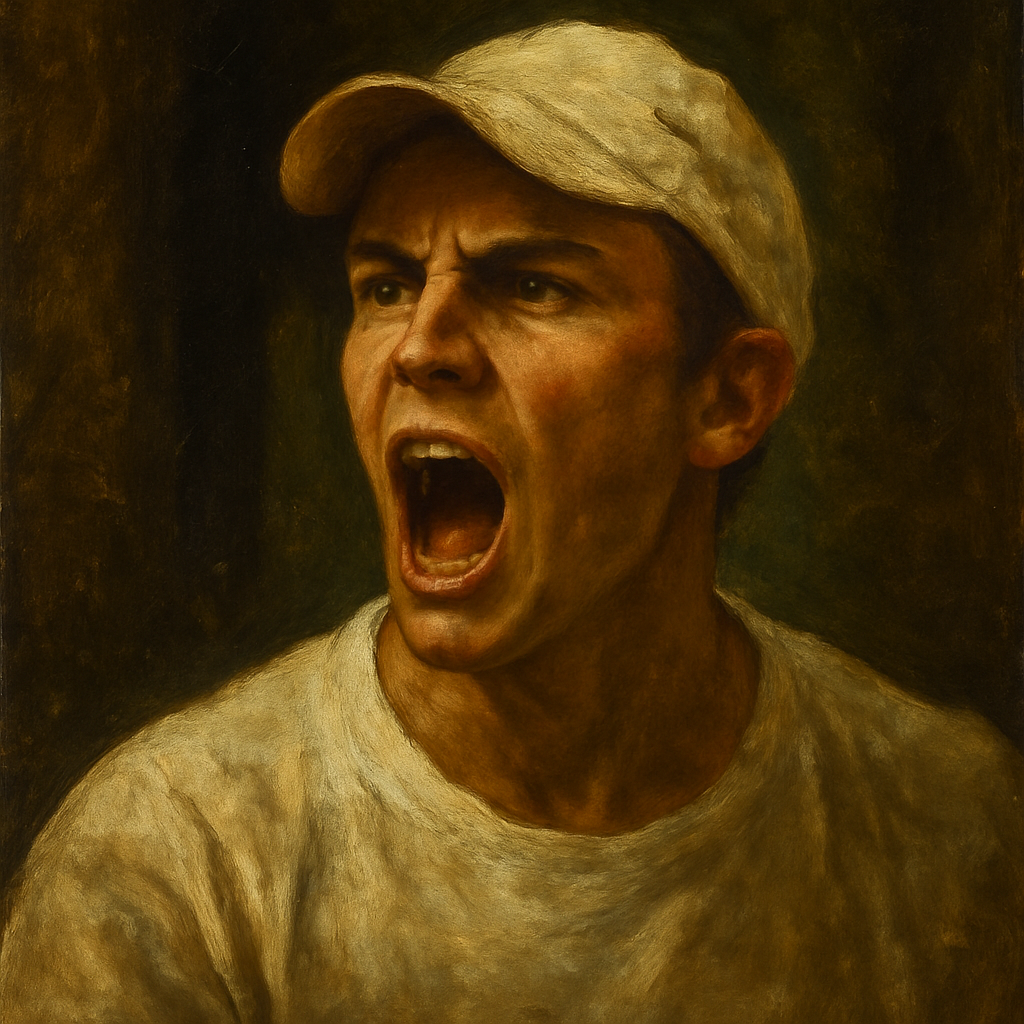LONDON — British tennis qualifier Oliver Tarvet has called for a change in United States college sports rules after his historic run at Wimbledon left him unable to claim his full prize money due to NCAA eligibility restrictions. The 20-year-old, who became the first University of San Diego player to qualify for Wimbledon, earned £63,000 ($80,000) for reaching the second round but could only keep a fraction due to amateurism regulations.
Tarvet, ranked No. 752 globally, stunned former top-50 player Marcos Giron in qualifying before pushing 28th seed Jack Draper to four sets in the main draw. His performance marked one of Wimbledon's most inspiring underdog stories — yet NCAA rules prevented him from capitalizing financially. "I deserve to keep what I've earned," Tarvet told The Telegraph. "The system needs updating for players balancing college and pro tennis."
The NCAA Prize Money Dilemma
Under current NCAA Division I bylaws, student-athletes may accept prize money only up to their "actual and necessary expenses" for competing in professional events. Any excess must be donated to charity to maintain amateur status. For Tarvet, this meant relinquishing approximately £55,000 ($70,000) of his Wimbledon earnings.
Key issues with the current system include:
- No clear definition of "necessary expenses," leaving athletes uncertain about permissible earnings
- Disproportionate impact on tennis players, who often transition between college and pro circuits
- Growing disparity with European systems allowing prize money retention
A Rising Tide of Dissent
Tarvet joins a growing list of college tennis players challenging NCAA amateurism rules. Last year, Stanford's Nishesh Basavareddy forfeited $15,000 after reaching the ATP Challenger quarterfinals, while University of Texas star Eliot Spizzirri turned pro early to avoid similar restrictions. "We're seeing more players question why they can't benefit from their own success," noted ITA CEO Dr. Timothy Russell.
The European Alternative
Unlike their American counterparts, European university athletes face no such restrictions. French sensation Arthur Fils competed in ATP events while enrolled at Paris-Saclay University, keeping over €200,000 in prize money during his 2022-23 season. This contrast has fueled calls for NCAA reform, particularly in individual sports like tennis and golf.
Potential Solutions on the Table
The ITA has proposed a compromise allowing tennis players to:
- Establish escrow accounts for prize money until graduation
- Accept larger expense reimbursements tied to tournament level
- Retain earnings if they turn pro mid-college career
NCAA spokesperson Michelle Brutlag told Sports Illustrated: "We're actively reviewing amateurism standards across all sports, with particular attention to individual sport athletes who compete in open professional events." However, no timeline has been set for potential rule changes.
Tarvet's Road Ahead
Despite the financial setback, Tarvet's Wimbledon breakthrough has opened doors. He's received wildcards into three ATP Challenger events and signed an equipment deal with Yonex. "This experience showed I belong at this level," he said. "But it's frustrating knowing I could be investing those earnings back into my career."
The economics of college tennis remain challenging. While NCAA teams provide coaching and facilities, players often spend $10,000-$20,000 annually on individual tournament travel. For unsponsored athletes like Tarvet was before Wimbledon, prize money can mean the difference between continuing their career or leaving the sport.
Broader Implications for College Sports
Tarvet's case highlights growing tensions in NCAA governance as Name, Image, and Likeness (NIL) policies reshape college athletics. While revenue sport athletes can now earn millions through endorsements, Olympic sport participants face stricter limitations. "The system creates absurd contradictions," argued sports lawyer Alan Milstein. "A tennis player can't keep prize money but can sign a shoe deal."
Recent court rulings suggest the NCAA's amateurism model may be vulnerable. In 2021, the Supreme Court's unanimous NCAA v. Alston decision opened the door to greater athlete compensation, with Justice Brett Kavanaugh writing: "The NCAA's business model would be flatly illegal in almost any other industry."
What's Next for Tennis' Hybrid Pathway?
The University of San Diego has petitioned the NCAA for a waiver allowing Tarvet to retain more earnings, citing "extraordinary circumstances." Meanwhile, British tennis officials are exploring partnerships with U.S. colleges to create alternative funding models. LTA performance director Michael Bourne noted: "We can't afford to lose talents like Oliver because of outdated financial rules."
As Tarvet prepares for his sophomore season, he remains hopeful for change: "I love college tennis — the team atmosphere, the coaching. But we shouldn't have to choose between education and fair compensation. The rules need to catch up with reality." His Wimbledon breakthrough may have come with financial strings attached, but it's added significant momentum to the push for NCAA reform in individual sports.

